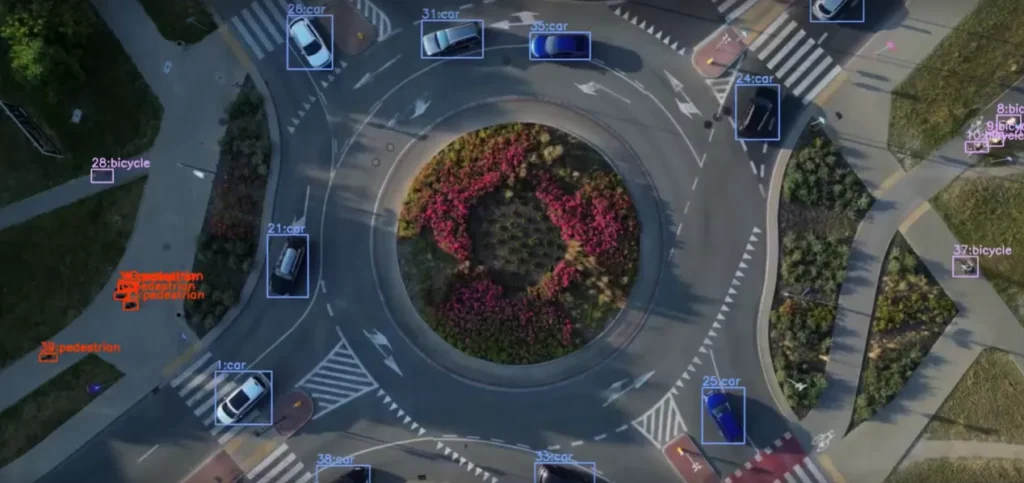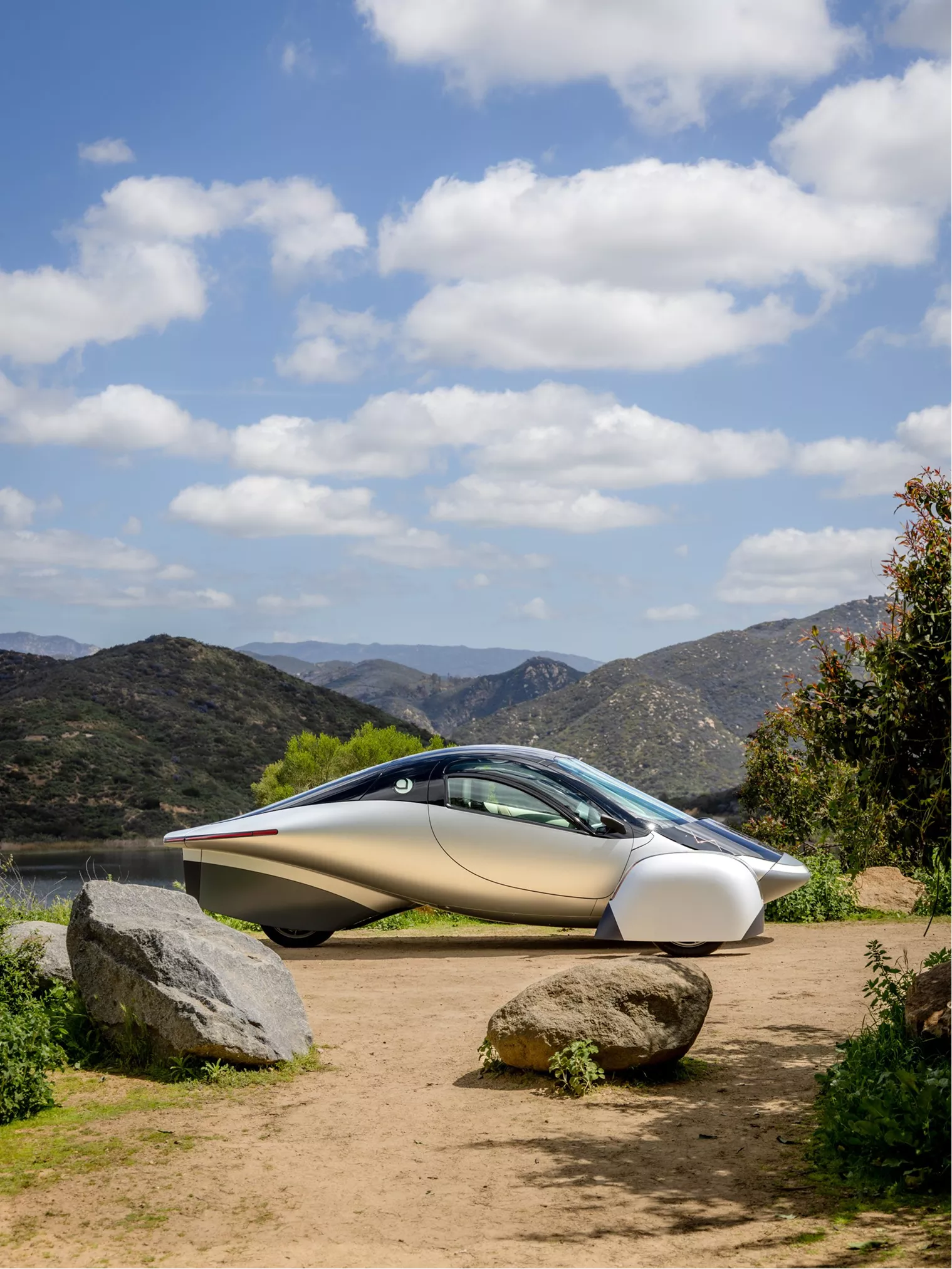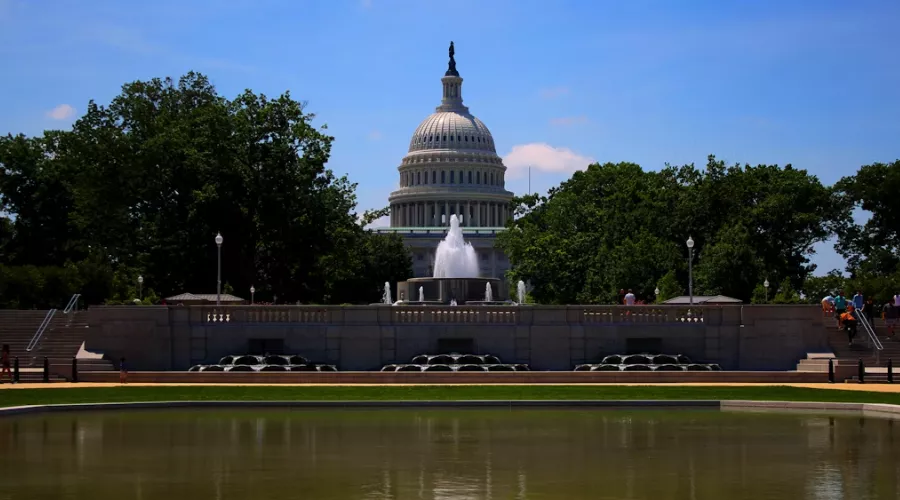






From EVs and batteries to autonomous vehicles and urban transport, we cover what actually matters. Delivered to your inbox weekly.

Senator Deb Fischer is leading a legislative push to require electric vehicles to contribute to the Highway Trust Fund — arguing that heavier EVs cause more road damage while currently paying nothing into federal infrastructure budgets.
The HTF is funded primarily through gasoline and diesel taxes. But EVs, which don’t use fuel, are exempt. At the same time, their battery weight makes them 20–50% heavier than comparable gas-powered vehicles, increasing wear and tear on roads.
Without changes, the fund faces a projected $138 billion shortfall over the next decade. Senator Fischer’s proposed Fair SHARE Act would implement a new fee structure for EVs to close that gap and ensure all road users contribute.
“We have road users who damage more but pay nothing,” Fischer said.
She’s backed by a coalition of transportation agencies and infrastructure advocates, all urging Congress to act before the funding model becomes unsustainable.
Some states, including Utah and Oregon, have launched mileage-based pilot programs as alternatives, signaling early movement toward usage-based taxation.
Fischer’s bill is part of a growing national debate: how do we fund public infrastructure in a decarbonizing world? As gas-powered vehicles phase out, new revenue models are essential to avoid a funding collapse.
Whether through mileage-based fees, battery-weight surcharges, or other mechanisms, the policy window is now open. The Fair SHARE Act could be one of several steps toward a more sustainable, EV-inclusive funding future.